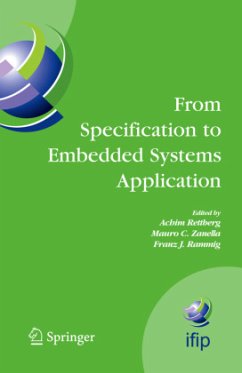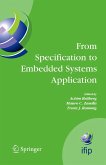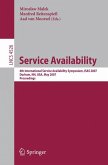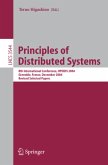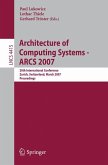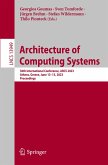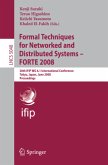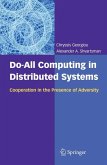As almost no other technology, embedded systems is an essential element of many innovations in automotive engineering. New functions and improvements of already existing functions, as well as the compliance with traffic regulations and customer requirements, have only become possible by the increasing use of electronic systems, especially in the fields of driving, safety, reliability, and functionality. Along with the functionalities that increase in number and have to cooperate, the complexity of the entire system will increase.
Synergy effects resulting from distributed application functionalities via several electronic control devies, exchanging information through the network brings about more complex system architectures with many different sub-networks, operating with different velocities and different protocol implementations.
To manage the increasing complexity of these systems, a deterministic behaviour of the control units and the communication network must be provided for, in particular when dealing with a distributed functionality.
From Specification to Embedded Systems Application documents recent approaches and results presented at the International Embedded Systems Symposium (IESS 2005), which was held in August 2005 in Manaus (Brazil) and sponsored by the International Federation for Information Processing (IFIP).
The topics which have been chosen for this working conference are very timely: design methodology, modeling, specification, software synthesis, power management, formal verification, testing, network, communication systems, distributed control systems, resource management and special aspects in system design.
Synergy effects resulting from distributed application functionalities via several electronic control devies, exchanging information through the network brings about more complex system architectures with many different sub-networks, operating with different velocities and different protocol implementations.
To manage the increasing complexity of these systems, a deterministic behaviour of the control units and the communication network must be provided for, in particular when dealing with a distributed functionality.
From Specification to Embedded Systems Application documents recent approaches and results presented at the International Embedded Systems Symposium (IESS 2005), which was held in August 2005 in Manaus (Brazil) and sponsored by the International Federation for Information Processing (IFIP).
The topics which have been chosen for this working conference are very timely: design methodology, modeling, specification, software synthesis, power management, formal verification, testing, network, communication systems, distributed control systems, resource management and special aspects in system design.

